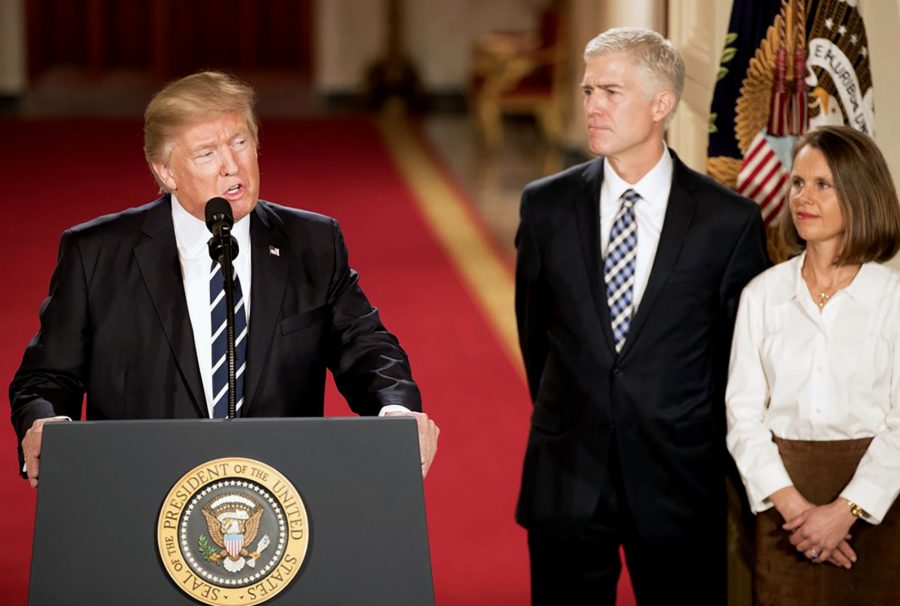Michael Flynn Requests Immunity
President Donald Trump’s former national security advisor, Michael Flynn, resigned on Feb.13 after less than a month in office. His resignation came amid controversy surrounding his relationship with Russia and the alleged lies regarding that relationship, according to a report from the Boston Globe. However, four days ago, reports were released that Flynn was seeking immunity in exchange for testifying before the intelligence committees of the U.S. Senate and the House of Representatives. According to the Washington Post, neither the White House, nor Congress, seem too keen on granting Flynn the immunity that he wants.
Natural Disaster in Colombia
A massive avalanche caused a devastating mudslide that rushed through the the Colombian city of Mocoa on Friday night. As of April 3, the Colombian army believes that the death toll has surpassed 250, and the Colombian Red Cross reports that over 220 people are missing and over 400 are injured. The BBC reports that this season has been the rainiest Colombia has seen since 2011, resulting in extensive damage. “There are mobility issues on almost 80 percent of the roads, and from where the road ends, it is three hours to where the landslide took place,” one police officer told the BBC.
Neil Gorsuch Nomination
The nomination of Judge Neil Gorsuch by President Trump to the Supreme Court created controversy, as the Senate GOP kept the seat vacated by the death of Antonin Scalia open for over a year. The Senate ignored President Obama’s nomination of Judge Merrick Garland, and Garland was denied a hearing and a vote. Now, as Gorsuch’s hearing has concluded, the confirmation vote is set for this coming week. The Democratic minority in the Senate, however, has promised to filibuster the vote, and The New York Times reports that the Democrats have secured the 41 votes needed to filibuster. This filibuster would normally prohibit a vote on Gorsuch, but the Senate Republicans may likely turn to what has been deemed the “nuclear option”: changing the longstanding rules of the Senate so that the confirmation of a Supreme Court justice can be done with a simple majority and therefore bypassing the filibuster, an action which would currently require 60 votes.










![[BRIEF] The Muse recognized as NSPA Online Pacemaker Finalist](https://www.themuseatdreyfoos.com/wp-content/uploads/2025/03/IMG_2942.jpeg)













































![[BRIEF] Hairy Details Hosts First Performance](https://www.themuseatdreyfoos.com/wp-content/uploads/2024/09/Hairy-Details-66-1200x800.jpg)
![[BRIEF] Dance Seniors Perform Solo Showcase](https://www.themuseatdreyfoos.com/wp-content/uploads/2024/09/newsinbrief.png)




